Federal Drug Enforcement: History, Policies, Trends
The federal government prohibits the manufacturing, distribution, and possession of many intoxicating substances that are solely intended for recreational use (notable exceptions are alcohol and tobacco); however, the federal government also allows for and controls the medical use of many intoxicants. Federal authority to control these substances primarily resides with the Attorney General of the United States. This book discusses domestic drug enforcement. It outlines historic development and major changes in U.S. drug enforcement to help provide an understanding of how and why certain laws and policies were implemented and how these developments and changes shaped current drug enforcement policy. This book also highlights certain non-criminal regulatory requirements of the Controlled Substances Act (CSA).
{{comment.content}}
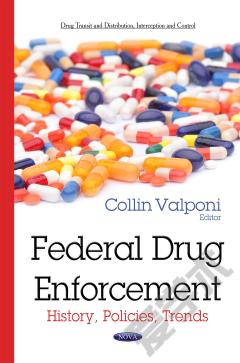
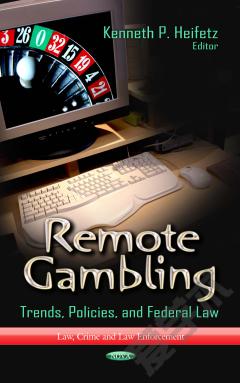
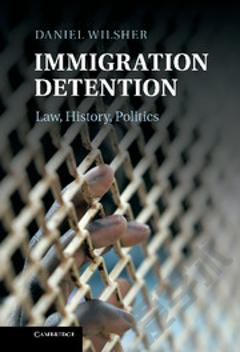
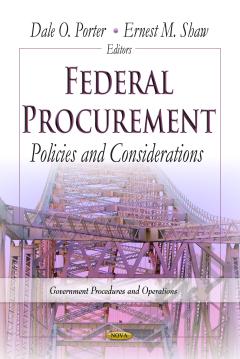

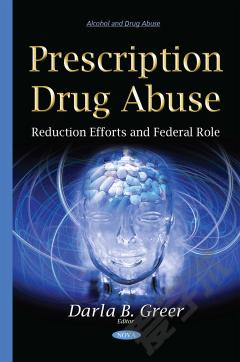
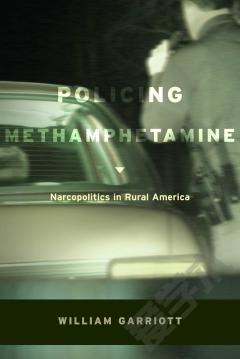

 京公网安备 11010802027623号
京公网安备 11010802027623号